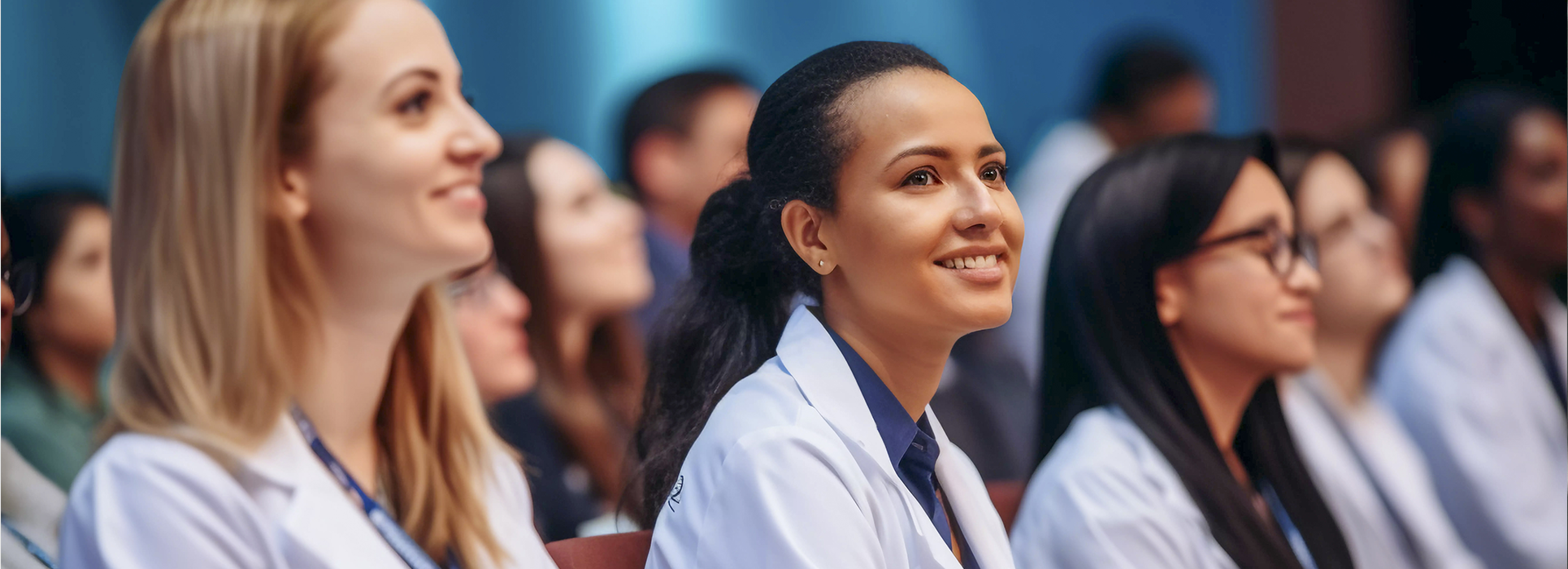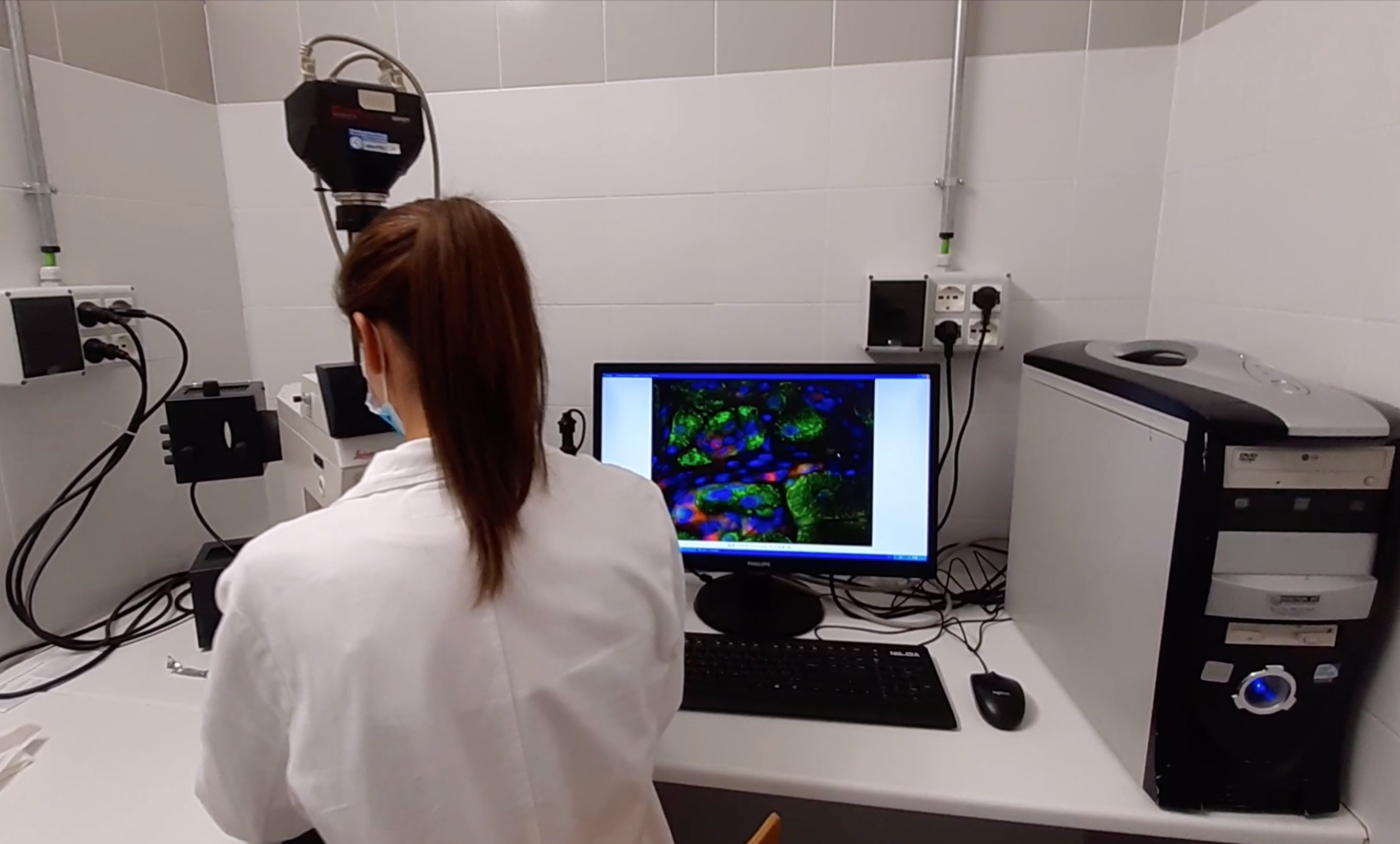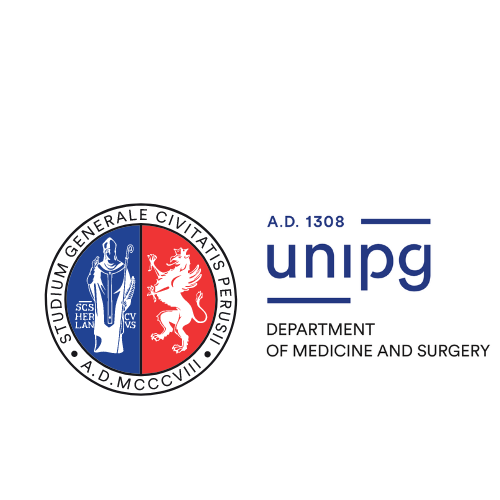
Doctoral Training

The educational pathway for the doctorate, aligned with the new guidelines: University Policies and Educational Offer Planning, approved by the Academic Senate and the Board of Directors on September 28, 2023, is structured as follows:
Development, under the guidance of multiple supervisors, of an INDIVIDUAL RESEARCH AND STUDY PROGRAM, related to a specific disciplinary field among those focused on by the course; attendance of DOCTORAL-LEVEL DIDACTIC ACTIVITIES, complementary to research activities, totaling no less than 30 CFU/three years, according to the indications of the Faculty Board; attendance of OTHER EDUCATIONAL ACTIVITIES, which contribute to the student’s training but do not involve the acquisition of CFU.
INDIVIDUAL RESEARCH AND STUDY PROGRAM
Regarding the research program, doctoral students are integrated into the activities of existing work groups at the facilities affiliated with the doctoral course (University Departments and Pharmaceutical Companies) with a research program agreed upon with the faculty member responsible for the student’s training and approved by the Faculty Board. They will actively participate in lab meetings and journal clubs. Additionally, thanks to the extensive network of collaborations with other national and international universities and research institutions maintained by Faculty Board members, doctoral students can participate in meetings to define various aspects of research projects and evaluate the achieved results.. read more


DOCTORAL-LEVEL DIDACTIC ACTIVITIES
The didactic activities planned for the entire three-year cycle include:
The didactic activities are delivered primarily in English, including remotely, in both synchronous and asynchronous modes. The details of the didactic activities provided are listed in the reference cycle folder.
EDUCATIONAL ACTIVITY
The educational activities contribute to the training of the doctoral student and include the following type:
| TYPE | CFU | FINAL EXAM |
| A. Lectures provided by the Doctoral Program | 17 cfu |
Yes, in person |
| B. Lectures provided by other Doctoral Programs | 4 cfu |
Yes, in person |
| C. University-wide and/or other Doctoral Program lectures, with a multi/inter/trans-disciplinary nature | 6 cfu |
Yes, in person |
| D. Congress activities and doctoral schools | 3 cfu | |
| TOTAL | 30 cfu |

- Activities as an expert in the subject, appointed according to the current University Regulations in the subject;
- Tutoring activities through calls for applications, verified by the competent University Offices;
- Tutoring activities for bachelor’s and master’s degree students, verified and certified by the Tutor or the Course Instructor to whom the tutoring is assigned (up to a maximum of 30 hours);
- Active participation in Third Mission events organized by the relevant Department or University (up to a maximum of 10 hours);
- Presentation of scientific papers by the doctoral student at conferences and seminars;
- Participation in journal clubs.
The educational activities are recorded in the Doctoral student’s curriculum, but they do not grant CFU credits and do not count towards meeting the minimum requirements of the didactic activities. They contribute to the final evaluation of the doctoral student.


